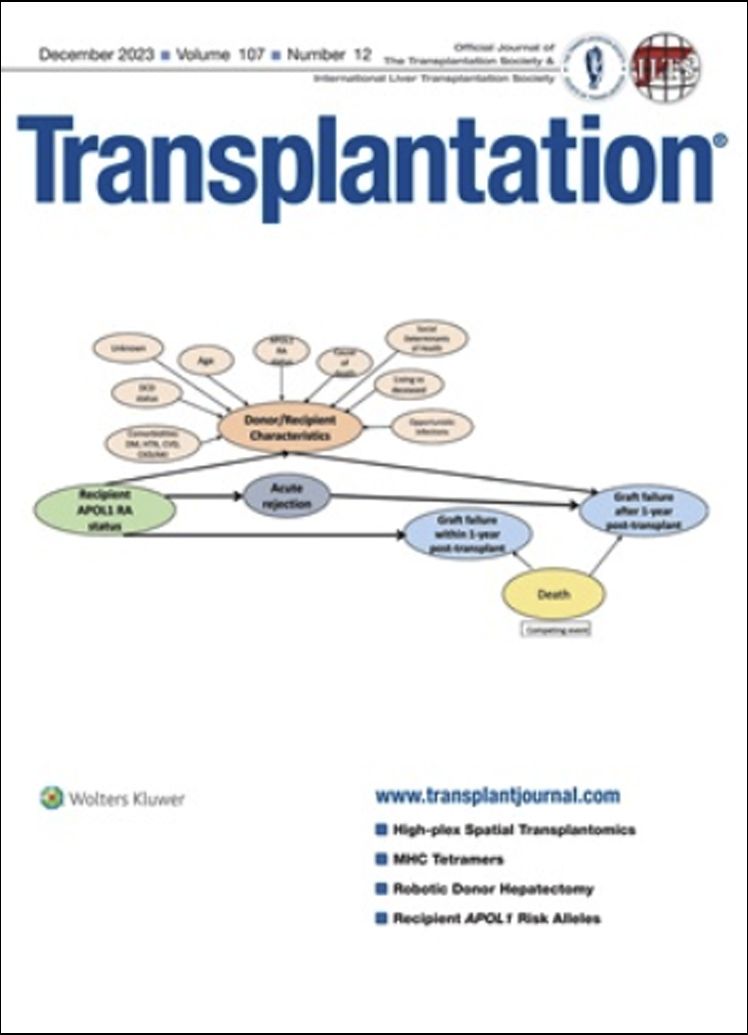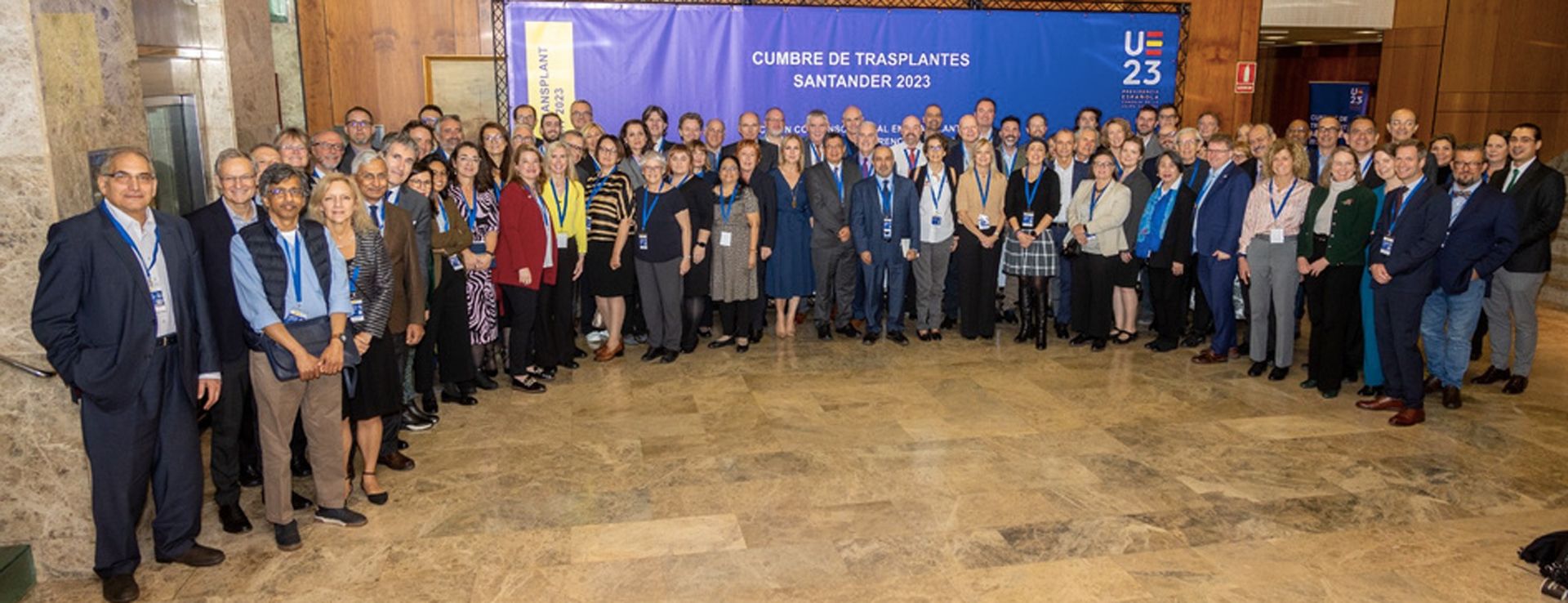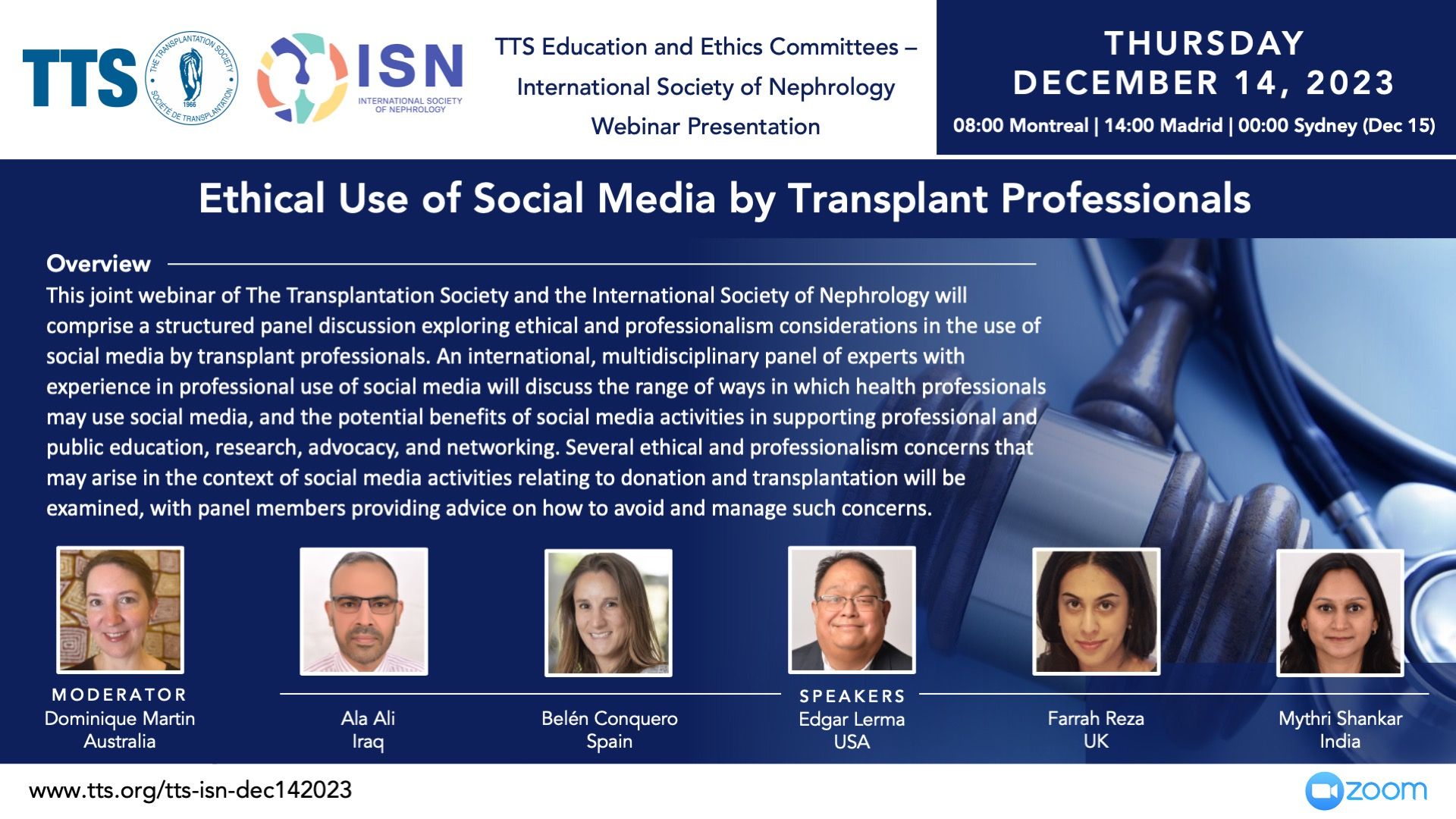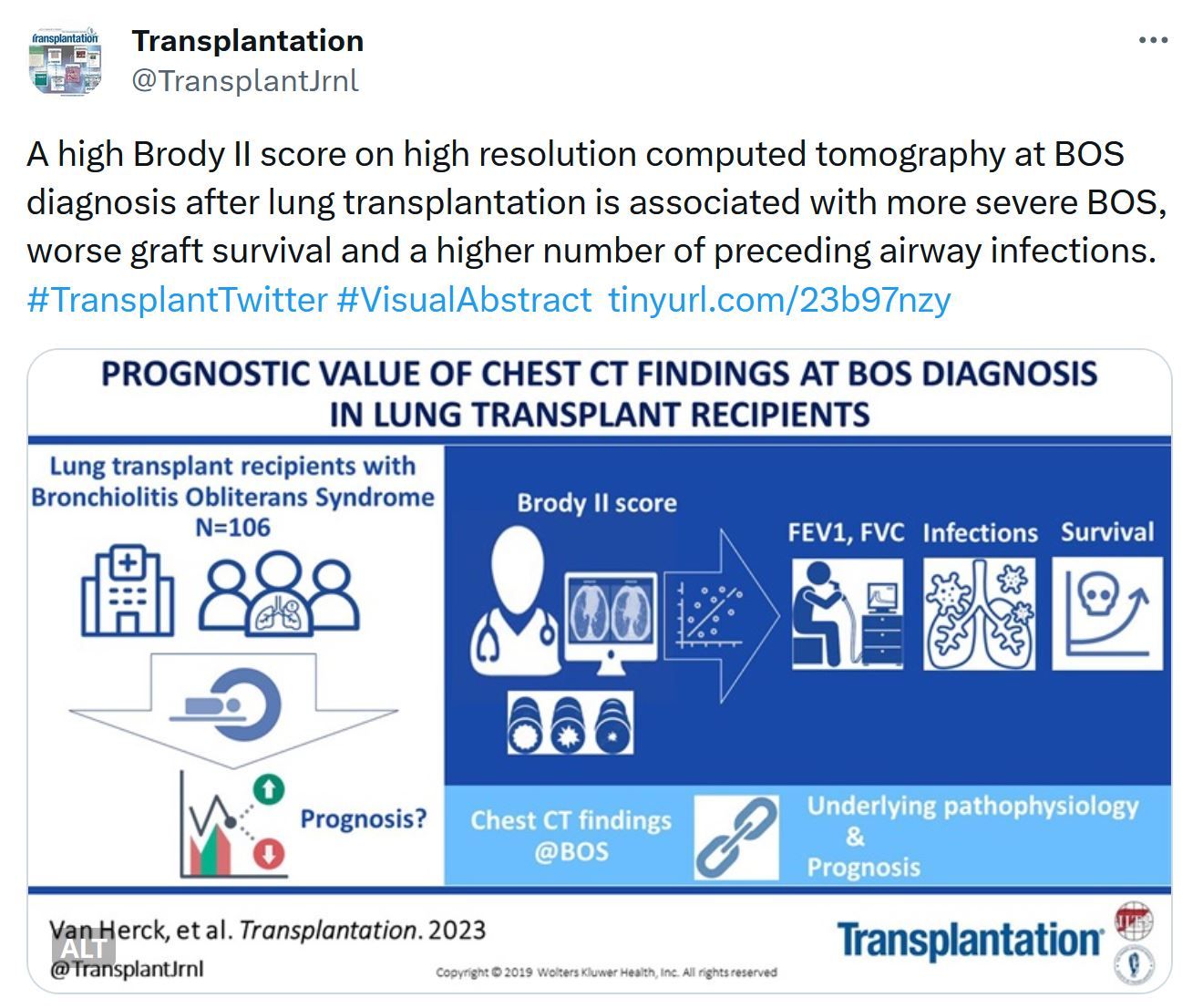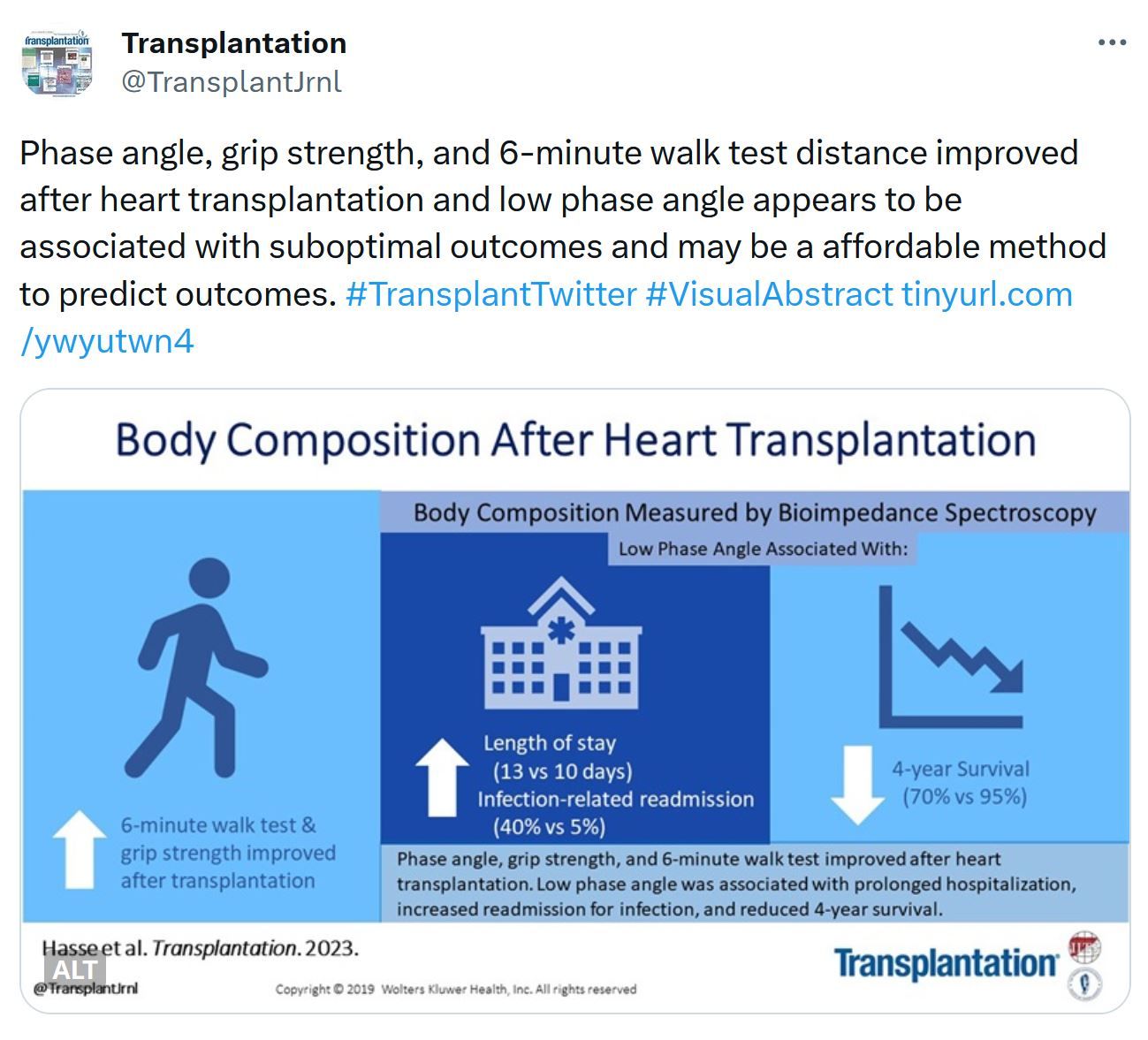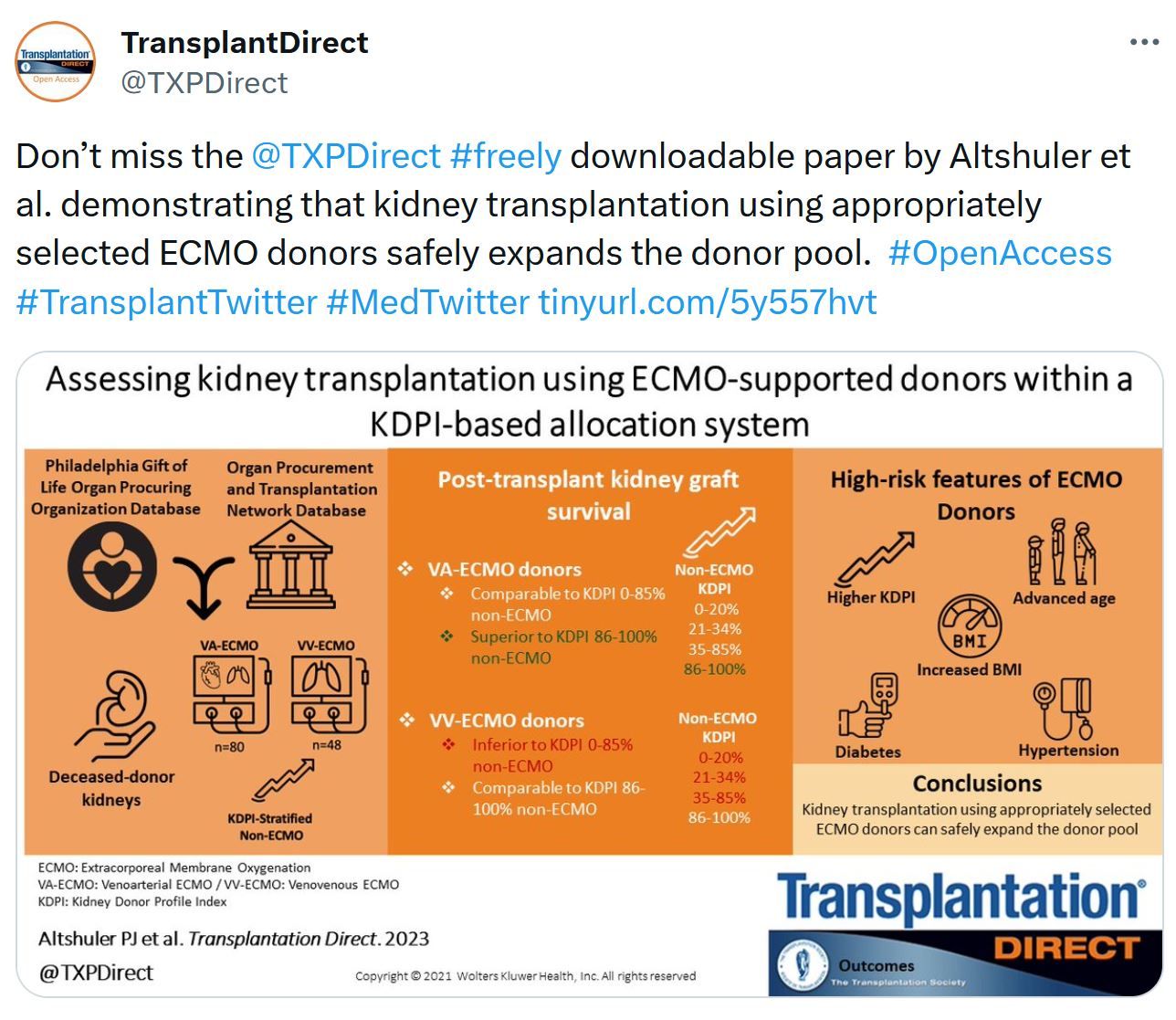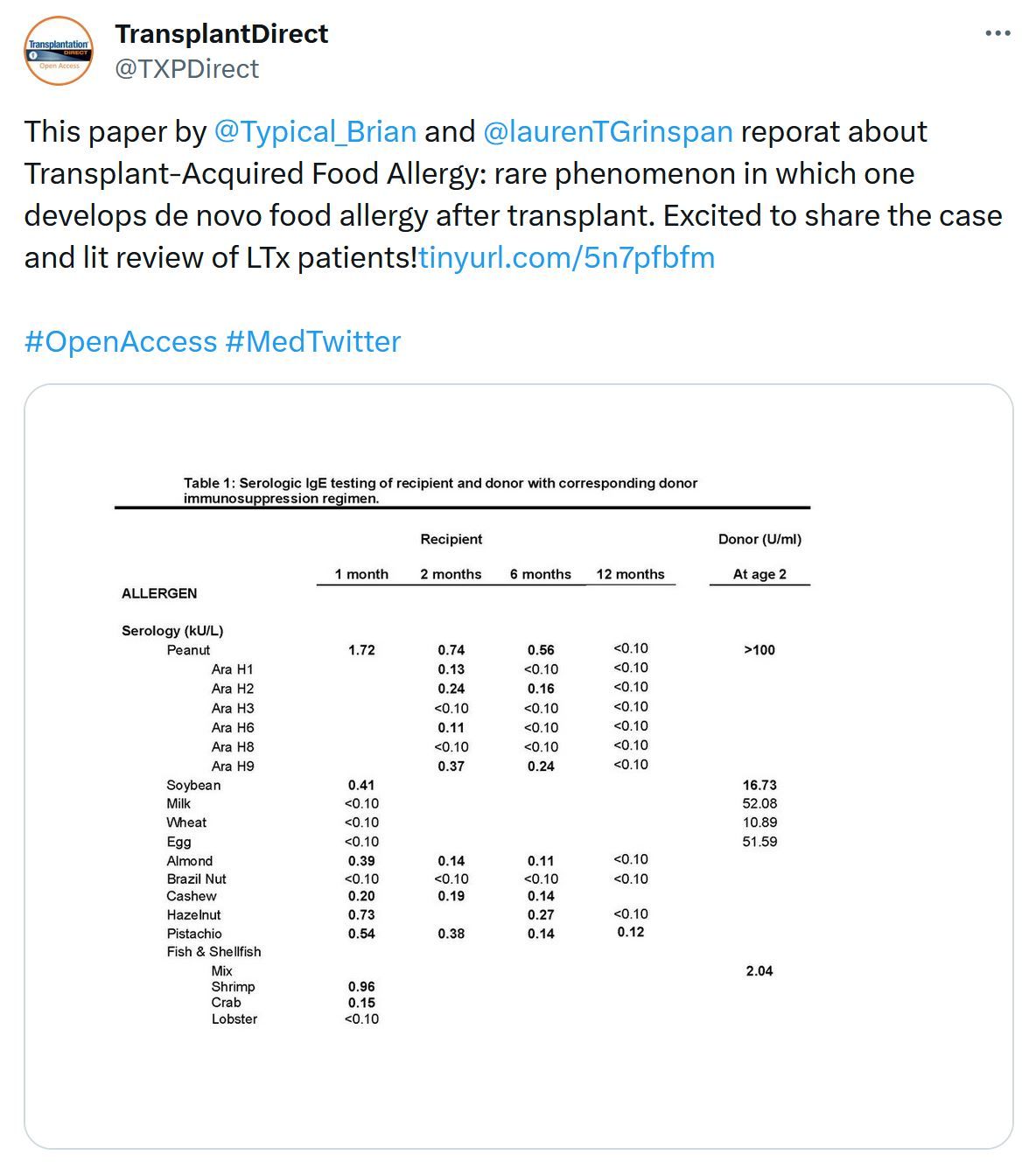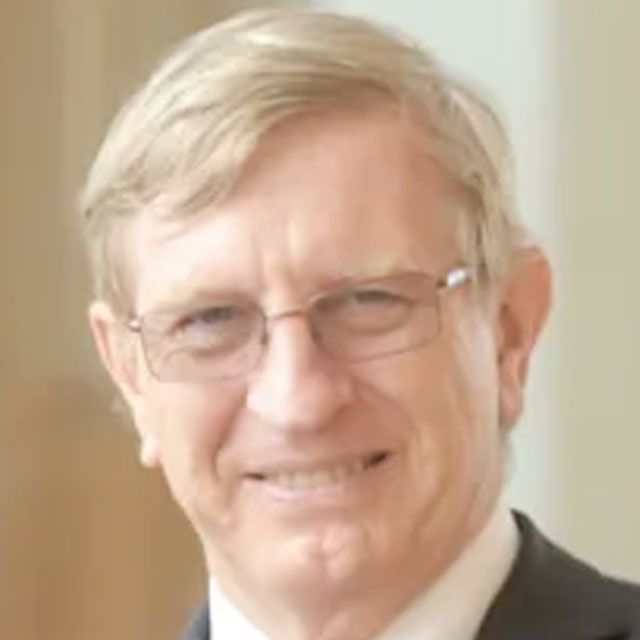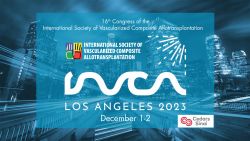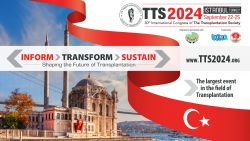
Just Released - Transplantation - December Issue
This December issue of Transplantation contains informative reviews on the topics of PTLD and TMA after transplantation, pros and cons of the new US liver allocation system are discussed. In basic science, an immune atlas of T helper cells in rejection is presented, the role of exosomes in neuroinflammation is explored and mechanisms of ABO-antibody generation are dissected. Optimal surgical techniques for donor hepatectomy are presented, other studies look at the relevance of fibrosis in peadiatric liver transplantation and uses of CT for liver function monitoring. Data is presented for risk stratification of BOS. Further clinical science studies analyze fitness after heart transplant, factors associated with early and late ABMR in Ktx, cancer mortality in SOT as well as trends in referral for Ktx
Table of Contents
Around the World
Research Highlights
Game Changer
People in Transplantation
Commentaries
- Validation of the Integrity of the OPTN/UNOS Transplantation Registry Data
- Torque Teno Viral Plasma Load for Immunologic Monitoring in Solid Organ Transplantation: One Step Further
- Should I Stay or Should I Go? The Role of Allograft Nephrectomy
- Health-related Quality of Life After Liver Transplantation—An Important Goal, but One Definition (or Size) Does Not Fit All
- Comments on Experience With Establishing a Robotic Donor Hepatectomy Program for Pediatric Liver Transplantation
- Urine CXCL10 Levels as a Predictor for Various Phases of BKPyV Replication Among Kidney Transplant Recipients: Utility and Clinical Implementation
- APOL1 Risk Alleles and Outcomes in Kidney Transplantation: Enter the Recipient
Reviews
- Opportunities for High-plex Spatial Transcriptomics in Solid Organ Transplantation
- Chimerism-based Tolerance Induction in Clinical Transplantation: Its Foundations and Mechanisms
- The Role of Allograft Nephrectomy in the Failing Kidney Transplant
- The Promise of Precision Nutrition for Modulation of the Gut Microbiota as a Novel Therapeutic Approach to Acute Graft-versus-host Disease
Original Basic Science
- Xenografts Show Signs of Concentric Hypertrophy and Dynamic Left Ventricular Outflow Tract Obstruction After Orthotopic Pig-to-baboon Heart Transplantation
- Intention-to-treat Analysis of Patients Aged 70 Years and Older Awaiting Kidney Transplantation in Post-Kidney Allocation System Era
- MHC Tetramers Specifically Identify High- and Low-avidity Donor-specific B Cells in Transplantation Tolerance and Rejection
Original Clinical Science—Liver
- Transplant Candidate Outcomes After Declining a DCD Liver in the United States
- Donor Liver Blood Tests and Liver Transplant Outcomes: UK Registry Cohort Study
- Health-related Quality of Life and Fatigue in Liver Transplant Recipients Receiving Tacrolimus Versus Sirolimus-based Immunosuppression: Results From a Randomized Trial
- Experience With Establishing a Robotic Donor Hepatectomy Program for Pediatric Liver Transplantation
Original Clinical Science—General
- UNOS Decisions Impact Data Integrity of the OPTN Data Registry
- Psychosocial Outcomes in Nondirected Uterus Donors 1 Y After Donation
- Quantification of Torque Teno Virus Load to Monitor Short-term Changes in Immunosuppressive Therapy in Kidney Transplant Recipients
- Allogeneic Stem Cell Transplantation in Patients >40 Years of Age With Acute Lymphoblastic Leukemia: Reduced Intensity Versus Myeloablative Conditioning
- Urine CXCL10 to Assess BK Polyomavirus Replication After Kidney Transplantation
- Association of Recipient APOL1 Kidney Risk Alleles With Kidney Transplant Outcomes
Letter to the Editor
TTS 2024 - Abstract Submission Opens December 8!

Submitting an abstract to the TTS 2024 Congress offers a platform to showcase groundbreaking research, connect with global experts, and contribute to advancements in transplantation medicine, fostering collaboration and influencing the field's future direction. Stay tuned for the official launch in next week's Tribune Pulse.
Santander Transplant Summit - Santander Statement

TTS leaders contribute to Brain Death and Circulatory Death Symposium in Middle East

Pictured: Marcelo Cantarovich (Immediate Past President), Mehmet Haberal (Past President), Jeremy Chapman (Transplantation - Editor-in-Chief and Past President), John Fung (President-Elect)
With the goal of increasing deceased donation (in the Middle East, this week TTS leaders were among the international faculty present at the MESOT Brain Death and Circulatory Death conference in Ankara, Turkey. Over 150 delegates interacted on practices and perspectives from around the globe in an effort to advance deceased donation practices worldwide.
Antibody Mediated Rejection (AMR) Management: Multi-Disciplinary Team (MDT) Conference survey

News Spotlight
TTS Call for Nominations

We are now accepting nominations for three (3) Officer positions and nine (9) Councilors-at-large positions representing the Regions.
TTS Seeking a New Editor-in-Chief for Transplantation and Transplantation Direct
Contact
Address
The Transplantation Society
International Headquarters
740 Notre-Dame Ouest
Suite 1245
Montréal, QC, H3C 3X6
Canada
Используйте Вавада казино для игры с бонусом — активируйте промокод и начните выигрывать уже сегодня!

